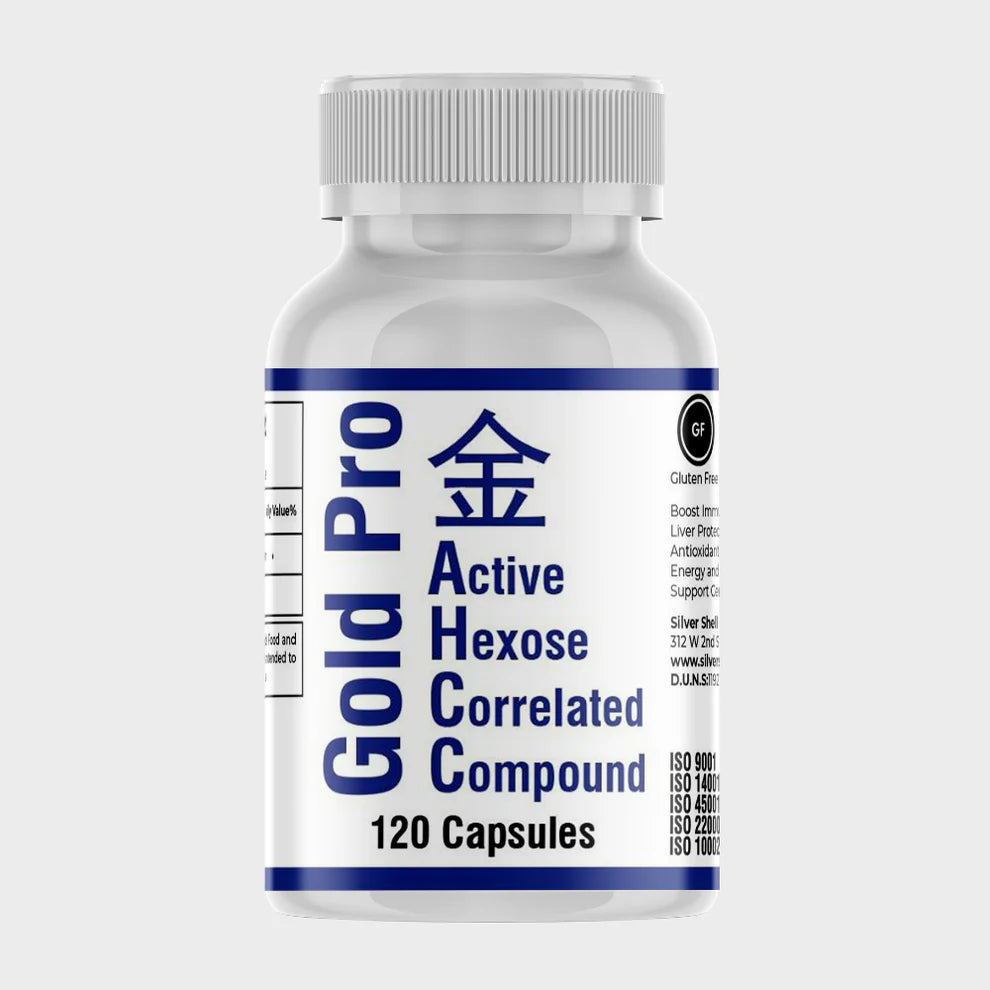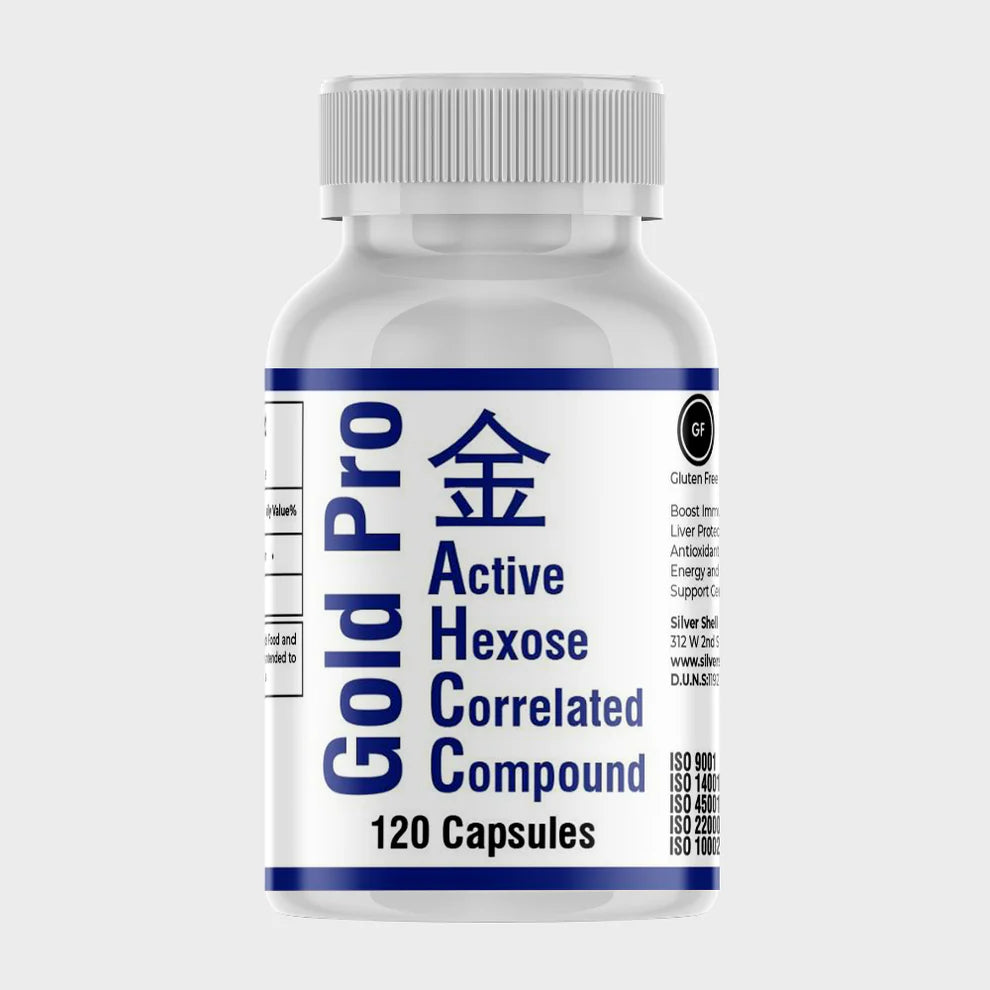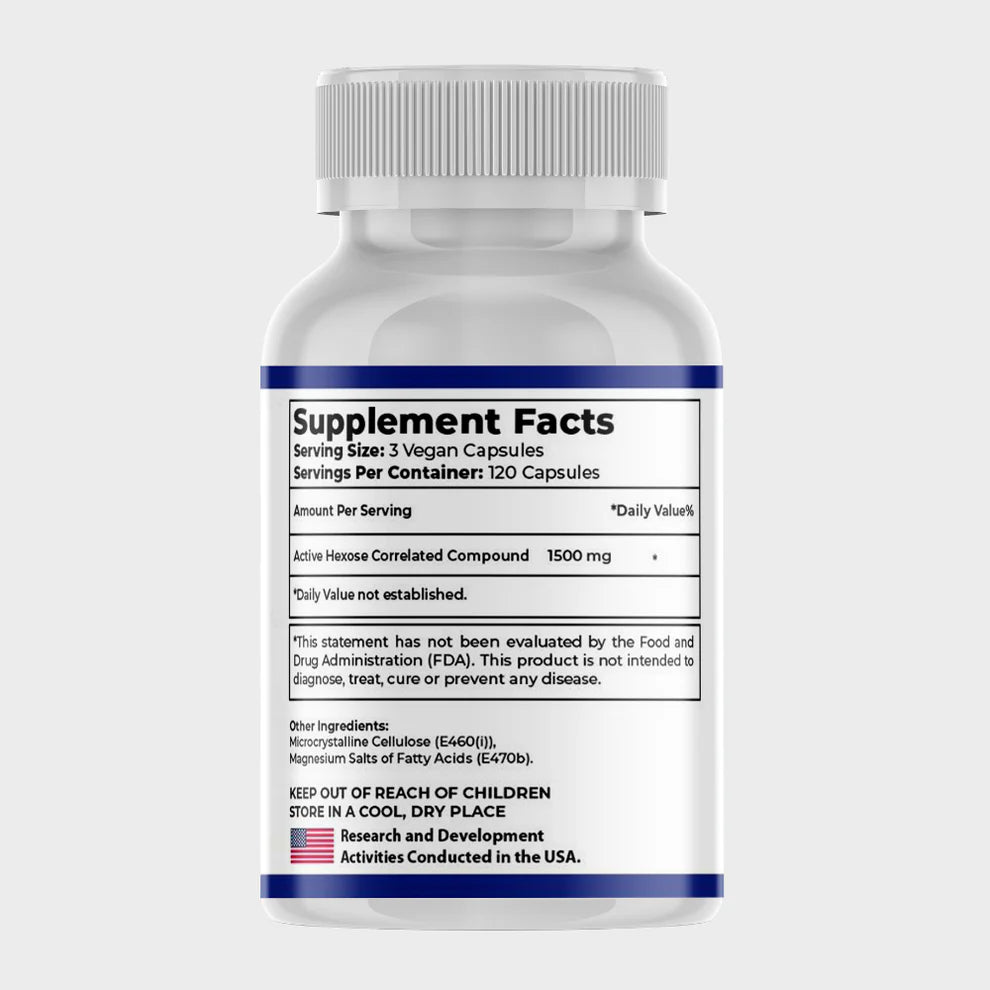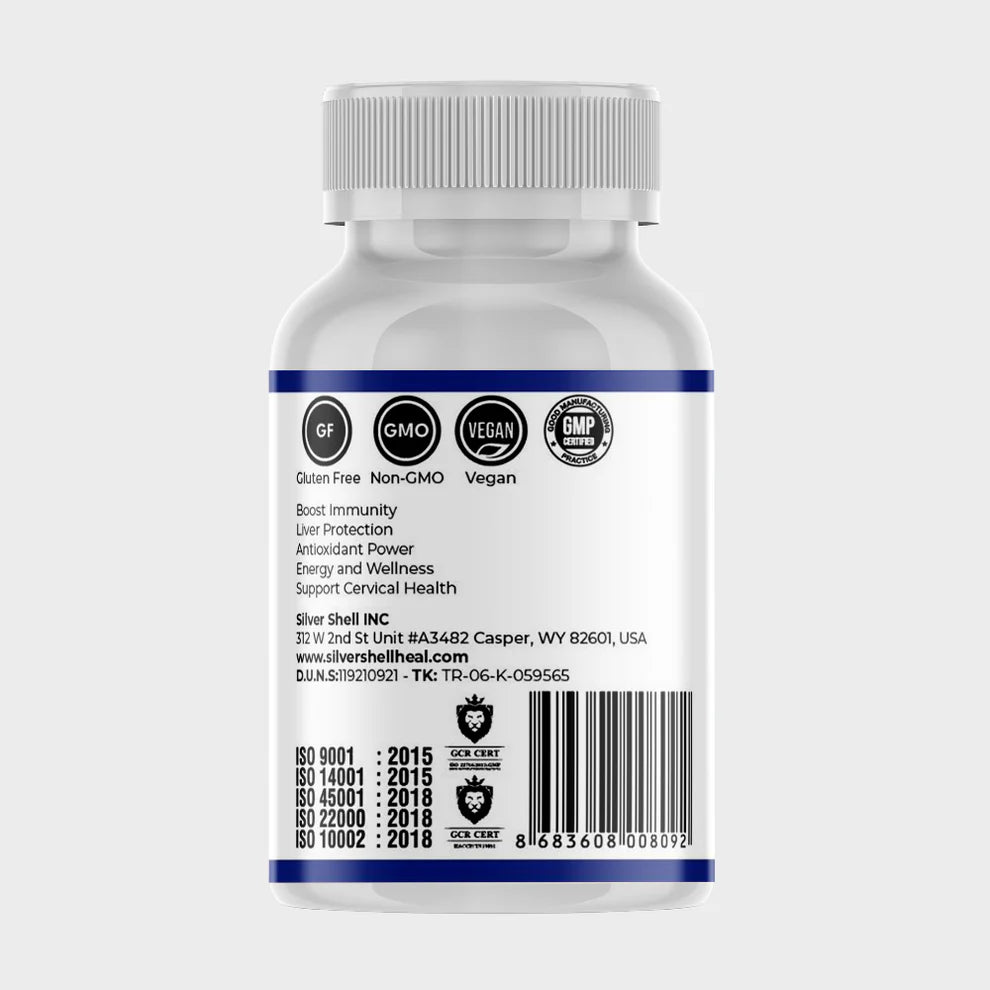Human Papillomavirus (HPV) is often perceived as a women’s health issue due to its connection to cervical cancer. However, HPV also significantly impacts men, leading to cancers such as anal, oropharyngeal (throat), and penile cancers. To combat this growing issue, it’s crucial to spread awareness about the risks HPV poses to men and implement preventive measures.
Understanding HPV’s Impact on Men
HPV is one of the most common sexually transmitted infections, with an estimated 80% of sexually active individuals contracting it at some point in their lives. While most infections resolve naturally, certain high-risk strains can lead to cancer.
Key Facts About HPV and Men
- Men are more likely than women to develop HPV-related oropharyngeal cancers.
- Men who have sex with men (MSM) are at a significantly higher risk of anal cancer.
- Nearly 63% of penile cancers are associated with HPV.
HPV-Related Cancers in Men
Oropharyngeal Cancer
HPV is the leading cause of oropharyngeal cancer, affecting areas such as the base of the tongue, tonsils, and throat. Men aged 40-60 are at the highest risk, and common symptoms include:
- Persistent sore throat
- Difficulty swallowing
- Unexplained weight loss
- Swelling or lump in the neck
Anal Cancer
Though less common, anal cancer is a significant health concern, especially for MSM and immunocompromised individuals. Symptoms include:
- Rectal bleeding
- Pain or pressure in the anal area
- Changes in bowel habits
Penile Cancer
HPV accounts for a significant portion of penile cancers, particularly in uncircumcised men. Warning signs include:
- Growths or sores on the penis
- Unusual discharge
- Pain or swelling
Prevention Strategies
1. HPV Vaccination
The HPV vaccine is a highly effective preventive measure for HPV-related cancers. Unfortunately, vaccination rates among men lag behind those of women. We recommend:
- Routine vaccination for boys aged 11-12.
- Catch-up vaccination for men up to age 26.
- Vaccination for high-risk groups, including MSM and immunocompromised individuals.
2. AHCC Supplement
Active Hexose Correlated Compound (AHCC), a natural extract derived from medicinal mushrooms, has shown promise in supporting the immune system and combating HPV. Studies suggest that AHCC may help the body clear persistent HPV infections and reduce the risk of associated cancers. Integrating AHCC supplements into a health regimen may provide additional support alongside traditional preventive measures.
3. Safe Sexual Practices
While condoms and dental dams cannot entirely prevent HPV transmission, they significantly reduce risk. Additionally:
- Maintain open communication with sexual partners about HPV risks.
- Limit the number of sexual partners to minimize exposure.
4. Routine Screenings
Although there are no standardized screening guidelines for HPV-related cancers in men, individuals at higher risk should discuss tailored screening options with their healthcare providers. Early detection is critical for effective treatment.
5. Healthy Lifestyle Choices
A strong immune system can naturally combat HPV. Maintain overall health through:
- A balanced diet rich in antioxidants
- Regular exercise
- Avoiding smoking and excessive alcohol consumption
Raising Awareness About HPV in Men
Despite the significant health risks HPV poses to men, public awareness campaigns are often focused on women’s health. Men’s health advocacy must address this disparity by:
- Encouraging male-focused HPV vaccination campaigns.
- Promoting research into HPV-related cancers in men.
- Educating healthcare providers to discuss HPV risks with male patients.
How to Take Action
1. Get Vaccinated
The HPV vaccine is safe, effective, and recommended for everyone, regardless of gender. Ensuring vaccination among boys and men is a critical step in reducing HPV-related cancer rates.
2. Add AHCC to Your Health Routine
Consider taking AHCC supplements as part of your prevention strategy. Consult your healthcare provider to determine the right dosage and ensure it complements your overall health plan.
3. Monitor Symptoms
Recognizing early warning signs of HPV-related cancers can save lives. Seek medical attention if you experience persistent symptoms such as sores, lumps, or pain.
4. Educate Others
Share this information with friends, family, and community members to help spread awareness about the importance of HPV prevention in men.
Conclusion
HPV-related cancers are not exclusive to women. Men face significant risks, including oropharyngeal, anal, and penile cancers, making it essential to prioritize prevention strategies. By combining vaccination, AHCC supplementation, safe practices, and regular screenings, we can reduce the burden of HPV-related cancers in men and ensure better health outcomes for all.





